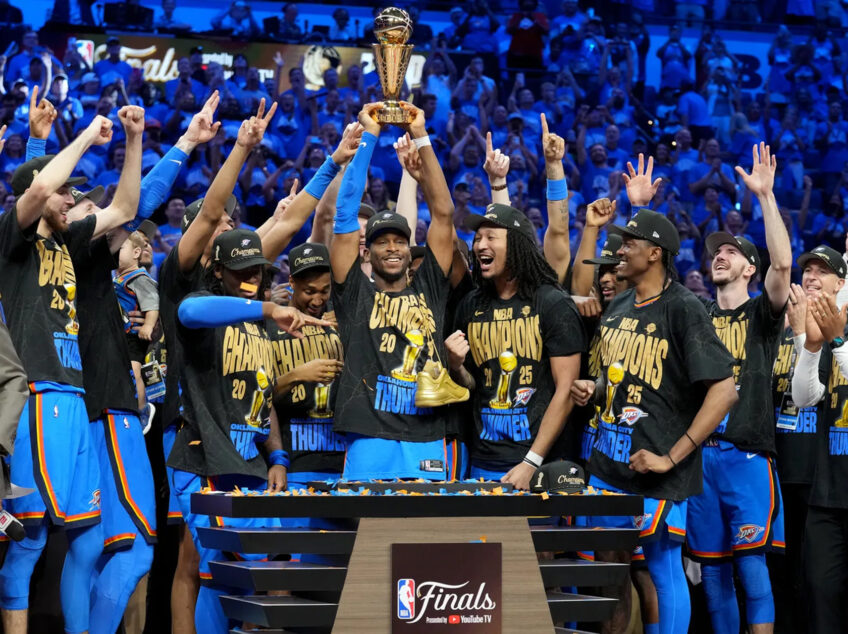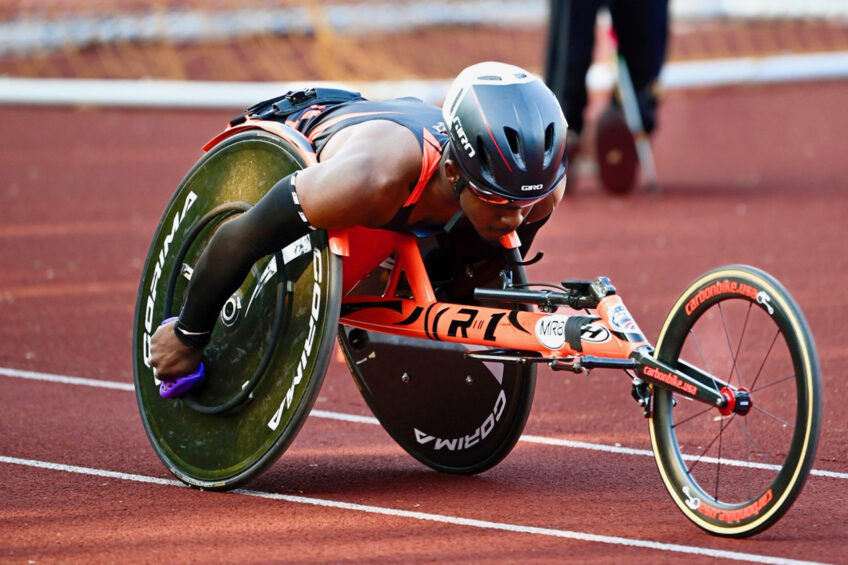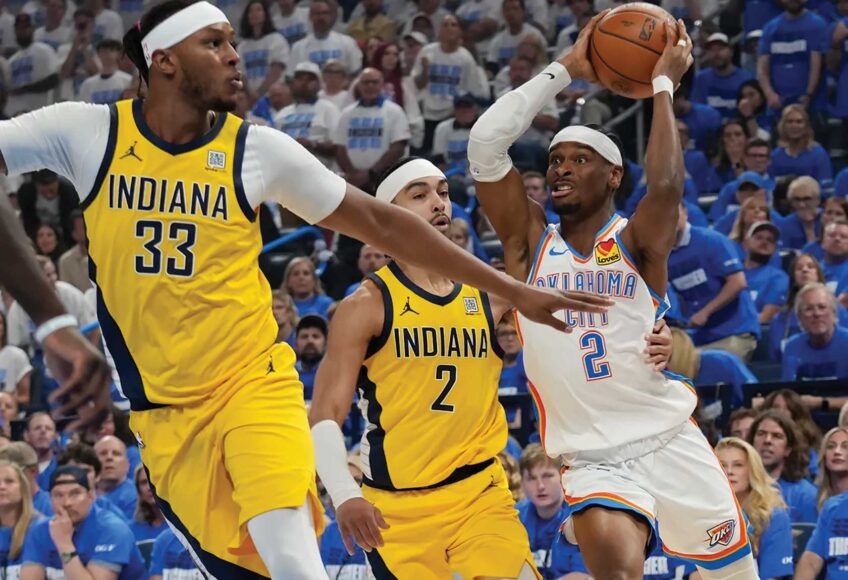
While many parents prepare to send their scholar-athletes off to college on that supposed free ride, they need to consider what advice to give them as they head out the door into their futures.
One of the first things parents should school them on is exactly what an athletic scholarship is all about. It is a contract (probably the first significant one of their young lives) that comes with major stipulations. So many parents are so happy that their young adult has received a scholarship that they fail to sit down with their child and read the contract with them.
I have asked this question to many parents over the years, and they answer by saying: “I’m just glad that my child has a chance to go to college for free.” But is it really a free ride to college? The answer is no. The young athlete is expected to uphold the terms of the contract. The key point of emphasis centers on what the athlete gets for his or her signature on the magic piece of paper.
First and foremost is that student-athletes should realize that they are considered a student first. Too many young people forget that point. They can’t wait to get to college for the social life (parties, etc.) and forget their number one priority is to study and work towards a meaningful degree.
Many athletes fail because of their pie-in-the-sky dreams of a professional career in their chosen sport. That dream is a multi-million-to-one shot. Even though I would never tell an athlete not to pursue their dream, I am also quick to point to “the odds” and remind them that a strong college degree can help to ensure a good life.
This warning also applies to the superior athlete who refuses to understand that injury, misfortune and other factors could derail their pro dreams. Without a college degree, many fall by the wayside of life, facing the questions: “Didn’t you used to be the best when you were young? Why didn’t you make it to the pros?” I have heard that sad story far too many times. It always goes down hard.
So I will venture, once again, to try and get into the minds of parents who are preparing their teenagers for the upcoming rigors of college life. Tell them that they are heading into a real-world, real-life situation that will require great mental fortitude to survive. The physical part of the equation has been addressed by winning the athletic scholarship.
The “mental pressure” of fulfilling expectations to study diligently, practice, play in games, endure road trips and control their social lives is a daunting task even for mature adults. Always keep in mind that these are young people with grown-up responsibilities (like going to class and making good adult decisions on a daily basis) without a mother or father standing over them to make sure they toe the line.
Parents, explain this thoroughly to your scholarship athlete before they walk out of the door and head off into the college world. That athletic scholarship is a chance to make it in life. It is not a written guarantee.






